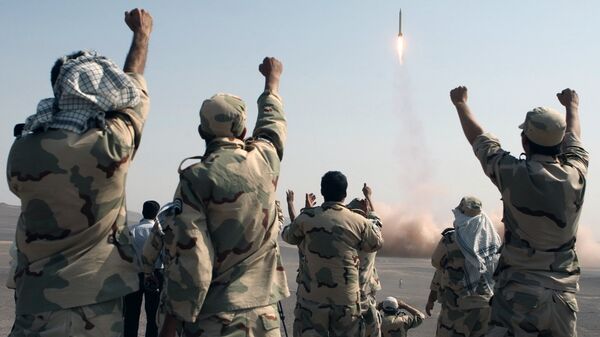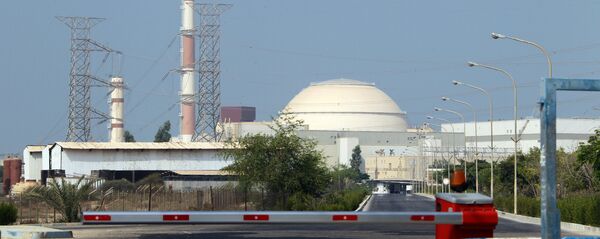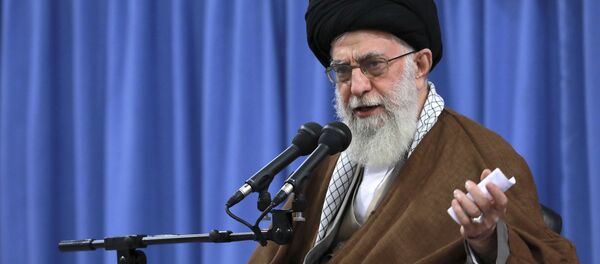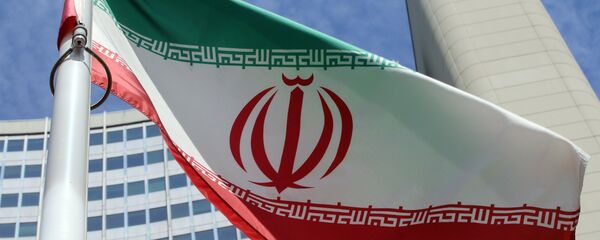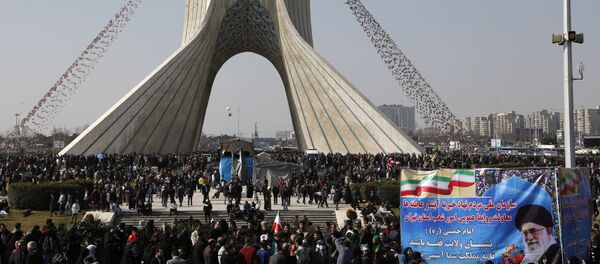"If America pulls out of the deal… Iran could resume its 20 percent uranium enrichment in less than 48 hours," Behrouz Kamalvandi, spokesman for the Atomic Energy Organization of Iran, told the state-owned al-Alam TV on Monday.
Under the JCPOA, Iran may only enrich uranium up to 3.67 percent, which has no military applications. They gave up the 432 pounds of "medium-enriched" uranium they possessed that sat near 20 percent enrichment, along with all but 661 pounds of the 15,772 pounds of low-enriched uranium they had.
Tehran also put two thirds of their gas centrifuges and all of their more advanced Zippe centrifuges into storage as part of the deal. In exchange, they received relief from severe international sanctions that caused a crippling economic recession in the Islamic Republic.
Kamalvandi said that the deal was not up for renegotiation, which has been the demand of Washington since the ascension of US President Donald Trump, who has referred to the JCPOA as "the worst and most one-sided transaction Washington has ever entered into."
Every 90 days, the US president is to either certify or refuse to certify that Iran is abiding by the terms of the deal. The International Atomic Energy Agency (IAEA), the UN agency that brokered the deal, has consistently inspected Iran's nuclear sites and declared them compliant.
"If the JCPOA were to fail, it would be a great loss for nuclear verification and for multilateralism," International Atomic Energy Agency (IAEA) chief Yukiya Amano said in a Monday speech. "The IAEA now has the world's most robust verification regime in place in Iran. We have had access to all locations that we needed to visit."
Trump decertified Iran in October, complaining that the deal does not involve Iran's ballistic missiles, which could conceivably used as a delivery system for nuclear attacks. He has also griped that Iran does not allow IAEA inspectors onto Iranian military sites and that the deal only lasts for 10 years.
He called for the deal to be renegotiated, but has found little purchase with the other signatories: China, France, Germany, Russia, the United Kingdom and of course Iran. The leadership of all signatory nations besides the US are pleased with the JCPOA and have no intention to exit or renegotiate the deal.
Natural uranium consists of 0.7 percent U-235, the component that undergoes nuclear fission and subsequently creates a devastating explosion. By using a centrifuge to separate the U-235 from the non-fissile U-238 that makes up 99 percent of naturally occuring uranium, it is possible — but difficult and expensive — to increase the percentage of U-235. This process is called enrichment.
The term "highly enriched uranium" is somewhat misleading, as it encapsulates all uranium enriched beyond 20 percent — but uranium usable for a practical nuclear weapon would require at least 80 percent enrichment.
Twenty percent could be used in theory for an implosion-type weapon, a nuclear bomb that involves an internal detonation to increase the density of the uranium right before the nuclear blast. The Fat Man that the US dropped on the Japanese city of Nagasaki in 1945 was an implosion-type device — but Fat Man also used plutonium in its design and was later judged to be an ineffective and overly expensive nuclear weapon variant.
Uranium enriched by less than 20 percent is not practical for any type of known nuclear weapon, but it can be used for nuclear power, such as light water reactors.

